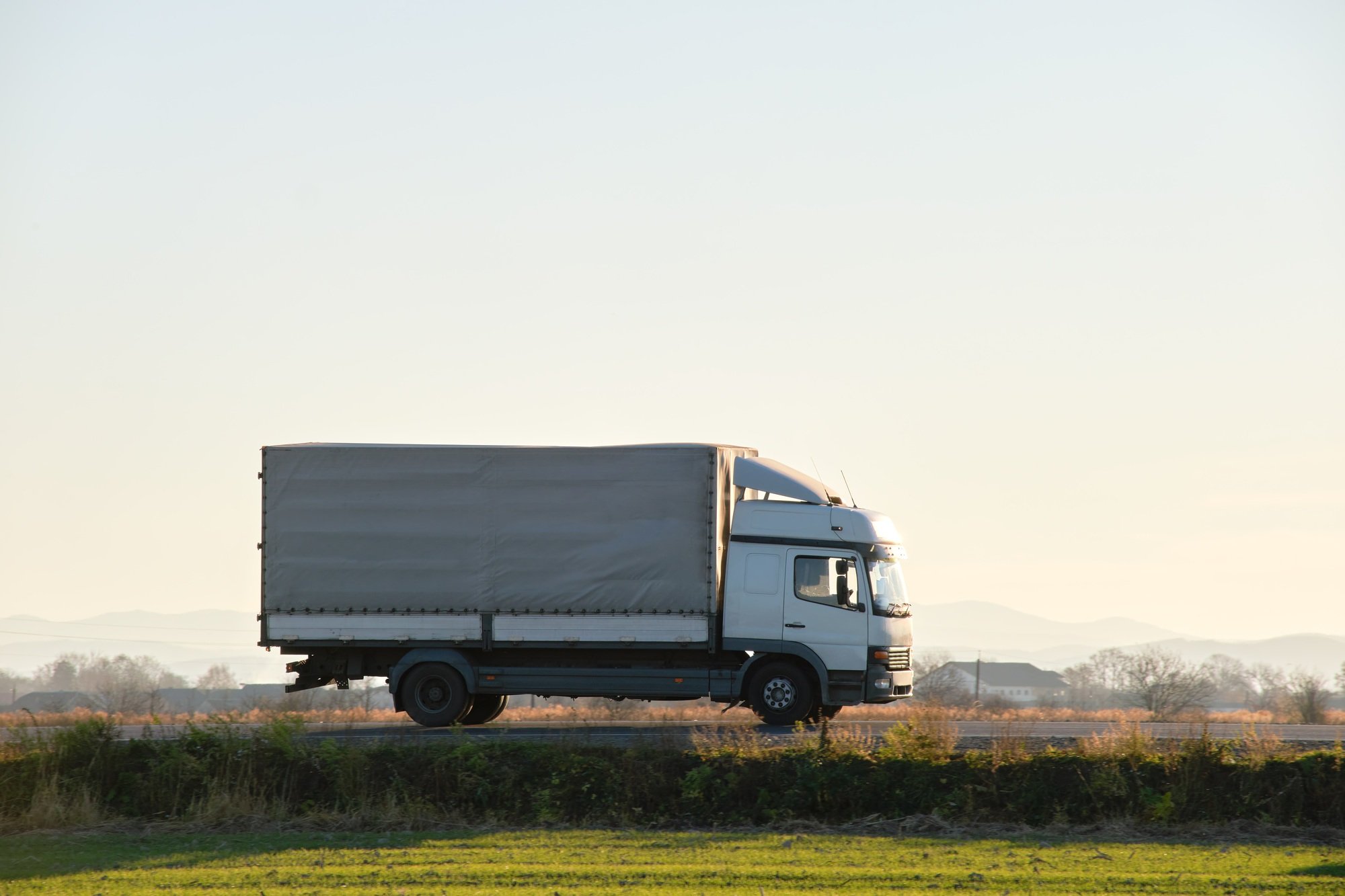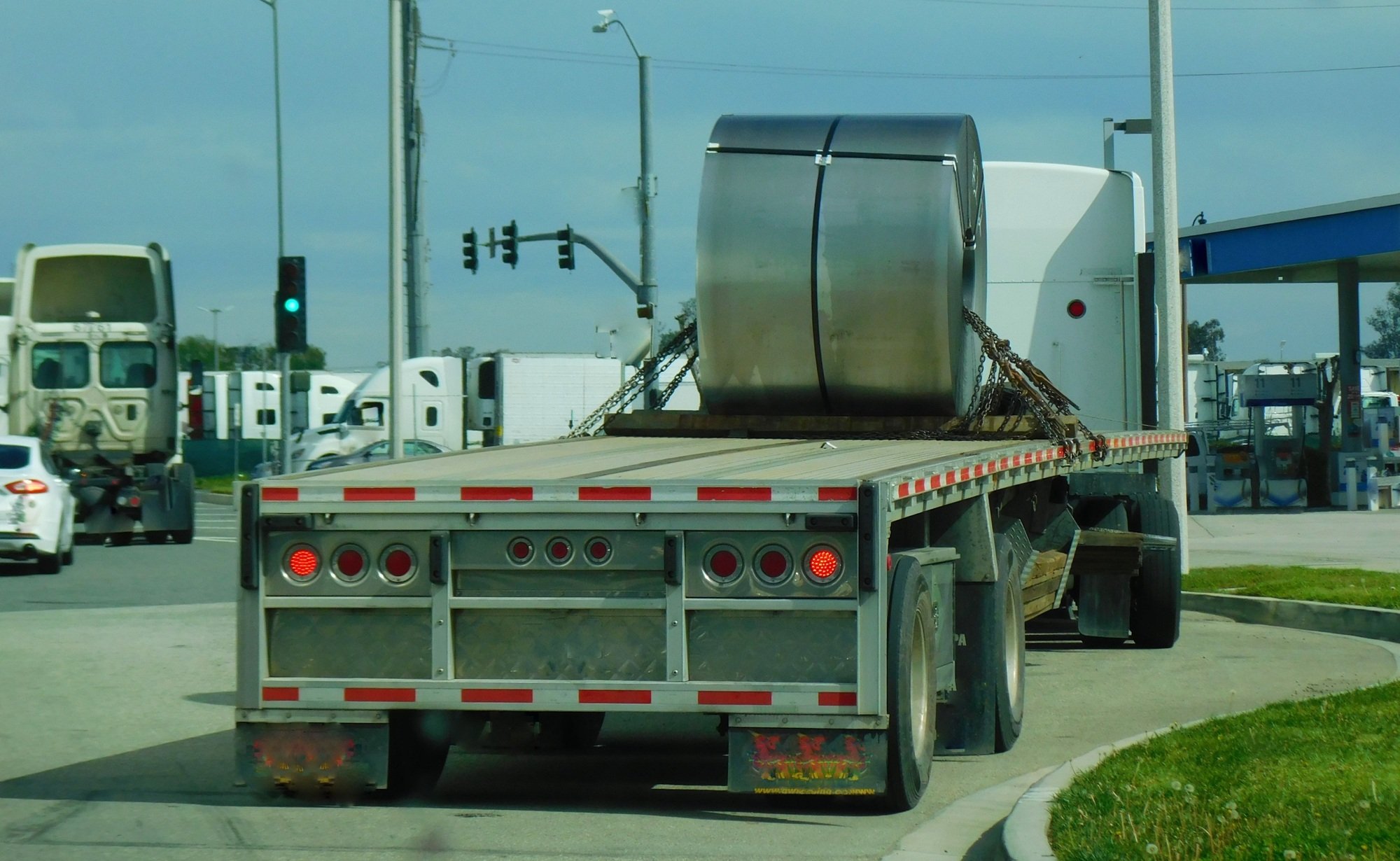Key Takeaways

- Understand the Hauling Industry: Familiarize yourself with various types of hauling services, such as junk removal, construction debris, and appliance transport, to identify your niche and market demands.
- Compliance is Key: Secure all necessary licenses, permits, and insurance to operate legally and avoid penalties, while adhering to environmental and transport regulations.
- Create a Solid Business Plan: Outline your strategy, niche, startup costs, and competitive advantages to establish a roadmap for your hauling business’s growth and success.
- Select the Right Equipment: Choose appropriate vehicles and essential tools that comply with regulations and enhance operational efficiency for your hauling services.
- Effective Marketing Strategies: Build an online presence with a professional website and leverage social media to reach more clients, while networking with local businesses to generate referrals.
- Focus on Customer Service: Deliver exceptional service by ensuring clear communication, transparent pricing, and prompt responses to inquiries, fostering loyalty and positive word-of-mouth.
Starting a hauling business can be an exciting venture that taps into the growing demand for transportation services. Whether you’re looking to haul junk, construction materials, or appliances, there’s a niche waiting for you. With the right approach and a clear plan, you can turn your passion for logistics into a profitable enterprise.
In today’s fast-paced world, people often need help moving heavy items or clearing out clutter. This presents a golden opportunity for you to step in and provide a valuable service. From choosing the right equipment to understanding local regulations, every detail matters. Let’s dive into the essential steps you need to take to kickstart your hauling business and set yourself up for success.
Understanding The Hauling Industry

Understanding the hauling industry is crucial for anyone looking to start a hauling business. As a startup, knowing the types of services you can offer and complying with local regulations ensures a strong foundation.
Types Of Hauling Services
Hauling services vary widely. You can focus on:
- Junk Removal: This involves picking up unwanted items from homes or businesses.
- Construction Debris: This service includes hauling away materials like concrete, wood, and metal from construction sites.
- Appliance Removal: This entails transporting large appliances like refrigerators and washing machines.
- Bulk Trash: This involves collecting and disposing of large amounts of waste from residential or commercial properties.
- Moving Services: You can assist clients with transporting their belongings to new locations.
Each type of service has its unique demand and pricing structure, so research the local market to determine which services are most profitable.
Industry Regulations And Compliance
Compliance with industry regulations is vital for running a successful hauling business. You must consider:
- Licenses and Permits: Obtain necessary permits for operating in your area, which may include waste management permits or state licenses.
- Insurance: Carry liability insurance to protect yourself from potential claims related to property damage or personal injury.
- Environmental Regulations: Follow local and federal guidelines regarding waste disposal and environmental protection.
- Transport Regulations: Adhere to vehicle weight limits and road usage laws to avoid fines.
Understanding these regulations helps you create a compliant, reputable hauling business.
Creating A Business Plan

A solid business plan sets the foundation for your hauling business. It outlines your strategy, goals, and the processes necessary for success.
Defining Your Niche
Defining your niche focuses your services and helps you target your ideal customers. Consider specific hauling options like junk removal, furniture moving, or construction material transport. Identifying customer needs and gaps in the market allows you to tailor your offerings. Research your competitors to determine what they provide and identify opportunities for differentiation.
Estimating Start-Up Costs
Estimating your start-up costs lays the groundwork for financial planning. Consider expenses related to purchasing or leasing trucks, hiring staff, and acquiring equipment. Anticipate costs for insurance, permits, and marketing strategies. Utilize a detailed budget to track and manage expenses effectively, ensuring you allocate resources wisely as you embark on your business journey.
Acquiring Necessary Equipment

Starting a hauling business requires careful selection of equipment to ensure efficiency and compliance with regulations. Focus on the right vehicles and essential tools to lay a solid foundation for your small business.
Choosing The Right Vehicle
When starting a hauling business, choosing the right vehicle is critical. For trucking or heavy equipment hauling, select trailers that meet Federal Highway Administration (FHWA) clearance height requirements of 14 to 16 feet. Consider options like step-deck or lowboy trailers for heavy loads. Decide between buying or leasing trucks. Leasing options range from $800 to $2,500 per month, providing lower upfront costs but no equity. Purchasing a truck means accessing full ownership, with prices between $80,000 and $200,000. Assess your budget and long-term plans to make the best choice for your startup.
Essential Tools And Supplies
Equip your hauling business with essential tools and supplies to enhance operational efficiency. Invest in loading equipment like dollies, straps, and tarps to secure loads. Purchase safety gear, such as reflective vests and helmets, to comply with safety regulations. Include GPS and routing software to optimize routes, reduce fuel costs, and improve delivery times. Proper tools and supplies streamline operations, enhance safety, and increase customer satisfaction, establishing a solid reputation for your business in the competitive hauling industry.
Marketing Your Hauling Business

Effective marketing strategies play a critical role in launching your hauling business. Prioritizing both traditional and digital marketing methods can significantly enhance your visibility and attract potential clients.
Building An Online Presence
Establish an online presence to reach a broader audience. Create a professional website that highlights your services, pricing, and contact information. Utilize search engine optimization (SEO) techniques to improve your website’s search ranking. Invest in Google Ads to promote your business effectively and prioritize your website in search results, increasing web traffic and generating leads. Leverage social media platforms like Instagram, Facebook, and Twitter to engage with your audience, showcase service success stories, and communicate directly with potential customers. Consistent online engagement can foster brand loyalty and attract new clientele.
Networking And Partnerships
Developing a robust network is essential for growth in a hauling startup. Attend industry-related events and local community gatherings to connect with potential partners and clients. Collaborate with real estate agents, contractors, and local businesses that may require hauling services. Building these partnerships can lead to consistent referrals and increased visibility in your target market. Additionally, consider joining local business associations or chambers of commerce. These connections provide valuable networking opportunities and enhance your business credibility within the community.
Managing Operations Effectively

Managing operations effectively is critical when starting a hauling business. Streamlining processes enhances efficiency and ensures smooth service delivery.
Scheduling And Logistics
Schedule your hauling jobs to maximize efficiency and minimize downtime. Use scheduling software to organize pickups and deliveries, allowing real-time updates and route optimization. Maintain flexibility to accommodate last-minute bookings or changes from customers. Understand local traffic patterns and peak hours to prevent delays. Adjust logistics based on equipment availability and workforce capacity. Track and evaluate delivery outcomes to improve future scheduling practices.
Customer Service Best Practices
Deliver exceptional customer service to build loyalty and encourage repeat business. Respond promptly to inquiries through various channels, including phone and email. Train your staff to communicate effectively and professionally with clients. Offer transparent pricing and ensure customers understand the services provided. Follow up after service completion to gather feedback and address any concerns. Implement easy payment options to simplify transactions. Adopting these customer service practices establishes a positive reputation in your community and fosters trust in your small business.
Conclusion

Starting a hauling business can be a rewarding venture filled with opportunities for growth and profitability. By understanding the market and tailoring your services to meet specific needs, you can carve out a niche that sets you apart from the competition.
Investing in the right equipment and adhering to local regulations ensures you’re operating legally and safely. Crafting a solid business plan and implementing effective marketing strategies will help you attract clients and build a strong reputation.
Remember that exceptional customer service is key to fostering loyalty and driving repeat business. With dedication and strategic planning, your hauling business can thrive in this growing industry. Embrace the journey ahead and watch your business flourish.
Frequently Asked Questions

What is a hauling business?
A hauling business provides transportation services for various items, such as junk, construction materials, and appliances. It capitalizes on the increasing need for help with moving heavy items and clearing spaces, offering valuable services to customers.
What types of services can I offer in a hauling business?
In a hauling business, you can offer a variety of services, including junk removal, construction debris hauling, appliance removal, bulk trash collection, and moving services. Each service targets different customer needs and comes with distinct pricing structures.
How do I start a hauling business?
To start a hauling business, create a solid business plan outlining your strategy and target market. Obtain necessary licenses and permits, estimate start-up costs, and acquire appropriate equipment. Focus on building an online presence and effective marketing strategies to attract customers.
What equipment do I need for a hauling business?
Essential equipment for a hauling business includes a reliable vehicle that meets FHWA clearance height requirements, loading equipment, safety gear, and GPS software. The choice between leasing or purchasing trucks should align with your budget and operational plans.
How can I market my hauling business effectively?
Effective marketing strategies include building a professional website, utilizing SEO, and engaging on social media platforms. Networking with local businesses, real estate agents, and contractors can also enhance visibility and generate valuable referrals for your hauling business.
What are the legal requirements for a hauling business?
Legal requirements for starting a hauling business include obtaining the necessary licenses and permits, securing liability insurance, and adhering to environmental and transport regulations. Compliance ensures your business operates legally and enhances its reputation.
How can I ensure operational efficiency in my hauling business?
To ensure operational efficiency, implement effective scheduling using software for organizing pickups and deliveries. Understand local traffic patterns, streamline processes, and remain flexible to accommodate last-minute changes to enhance customer service.
Why is customer service important for a hauling business?
Exceptional customer service is crucial for building loyalty and encouraging repeat business. By promptly responding to inquiries, offering transparent pricing, and following up after services, you foster trust and positive relationships in the community.
Image Via Envato



